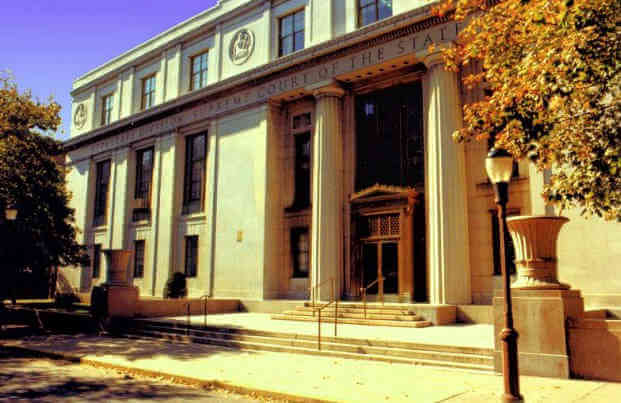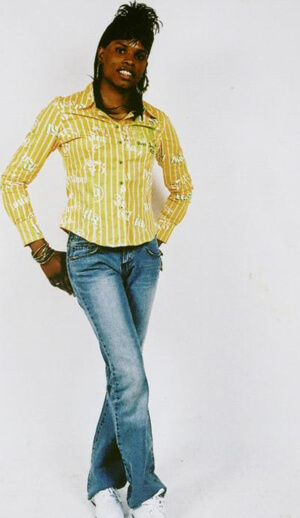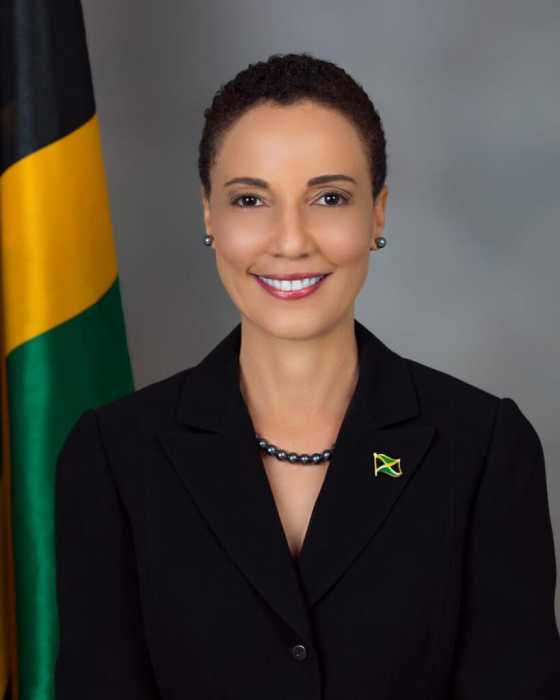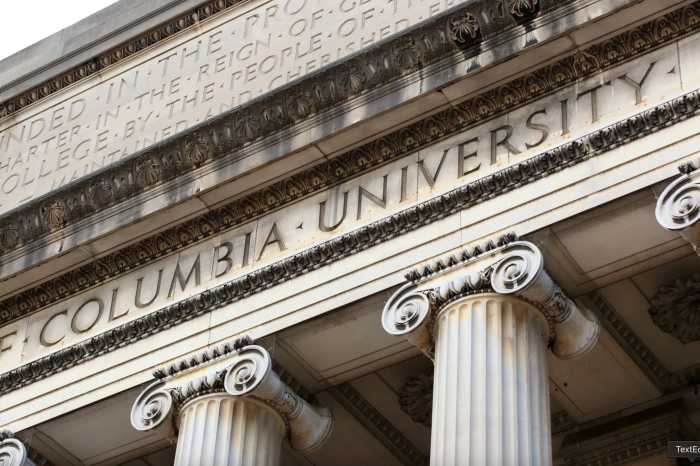In an opinion issued on April 10, a New York Family Court judge confronted the question whether there can be a third parent — an adult with legal rights to seek custody and visitation of a child who already has two legal, biological parents. In a case involving a married gay male couple and the woman who agreed to have a child with them and share parenting, Judge Carol Goldstein concluded that the “non-biological father” in this triad has “standing” under New York’s Domestic Relations Law to seek custody and visitation of the child, but not necessarily to be designated as a “legal parent.”
As usual in contested child custody cases, the judge assigned pseudonyms to all parties in order to protect their privacy, naming the men David S. and Raymond T., the woman Samantha G., and their child Matthew Z. S.-G.
The three adults, all friends, decided over brunch in May 2016 to have a child who would be “raised by the three parties in a tri-parent arrangement,” Goldstein wrote. “While the parties agreed that the mother would continue to live in New York City and the men would reside together in Jersey City, the parties agreed that they would consider themselves to be a ‘family.’”
The three carried out the plan but never reached agreement on a signed written document.
Manhattan judge gives gay father’s husband custody claims, but punts on legal parental status
Over an eight-day period, the two men alternated in providing Samantha with sperm for artificial insemination. Around Labor Day of 2016, she announced she was pregnant and, according to Goldstein’s opinion, all three posted about the impending birth with pictures on social media, with the two men wearing T-shirts reading “This guy is going to be a daddy,” and Samantha’s shirt reading, “This girl is going to be a mama.”
The couple participated fully with Samantha during the pregnancy, attending a natural childbirth course, creating a joint savings account for the child — to which Raymond contributed 50 percent — and making all medical decisions jointly. The child was born on May 6, 2017 at the men’s New Jersey home, with the assistance of a midwife.
Only after the birth did the couple and Samantha learn that David’s sperm had initiated the pregnancy, and on May 11 he signed a New Jersey acknowledgment of paternity. The infant, Matthew, lives mainly with his mother in Manhattan, although David and Raymond have enjoyed regular parenting time and last summer the three adults and Matthew vacationed together in the Catskills.
The judge noted that when speaking to Matthew, the adults refer to Samantha as Momma, David as Daddy, and Raymond as Papai, which is Portuguese for father. Raymond and Samantha have a contract with a literary agent to write a book about their joint parenting venture.
However, wrote Goldstein, disagreements over their parenting of Matthew and the extent of David and Raymond’s access to him led relations among the three adults to become “strained.”
This past November 12, David and Raymond filed a joint petition in Manhattan Family Court seeking “legal custody and shared parenting time” with Matthew by court order. On December 6, Samantha responded with a “cross-petition” seeking sole legal custody of Matthew, with the men being accorded “reasonable visitation.”
In these initial filings, none of the parties sought an “order of paternity or parentage.” Goldstein asked both sides to submit follow-up memorandums of law regarding the underlying parenting issues in the case.
The main issue of dispute between these parties, which came out in their briefs, is about Raymond’s legal status toward the child. Under New York law, the husband of a woman who gives birth is presumed to be the child’s father, but the legal status of a man who is married to another man whose sperm is used to conceive a child with a woman to whom he is not married presents new, unresolved legal issues.
Samantha agrees that Raymond should have standing to seek visitation, but, according to Goldstein, she argued “strenuously” that “the right to seek custody and visitation as a ‘parent’ under the Domestic Relations Law does not automatically bestow parentage on the non-biological party” and asked that the court not declare him a third legal parent.
The men, in contrast, argued that not only should Raymond have standing to seek custody and visitation as a “parent,” but that the court should formally declare him to be a third legal parent of Matthew.
Goldstein, taking account of the understanding and agreement among the three adults when they planned Matthew’s birth, found that its is clear that Raymond has standing to seek custody and visitation in line with the 2016 decision by the state’s highest bench, the Court of Appeals, in the Brooke S.B. case. There, the court overturned a 25-year New York precedent and ruled that a non-biological parent could have standing to seek custody and visitation under certain circumstances. That case involved a custody and visitation dispute of a lesbian couple over a child born to one of them through donor insemination.
“In making this decision,” Goldstein wrote of the dispute between Samantha and the two men, “this court is specifically taking into consideration that the relationship between [Raymond] and Matthew came into being with the consent and blessing of the two biological parents and that both biological parents agree that [Raymond] should have standing to seek custody and visitation.”
A “fundamental principle” of the Brooke S.B. ruling, she found, was that the state’s family law “must be read to effectuate the welfare and best interests of children, particularly those who are being raised in a non-traditional family structure. The parent-child relationships fostered by children like Matthew, who are being raised in a tri-parent arrangement, should be entitled to no less protection than children raised by two parties.”
The judge noted the likelihood that this kind of situation will recur and specifically distinguished between cases involving the use of anonymous sperm donors where no parental role is contemplated for the donor and situations where a known donor is involved “where the parties agree that the provider of the egg or sperm will be a parent.”
However, pointing out that the men’s original filing with the court did not seek an order of “parentage” on behalf of Raymond, Goldstein declined to issue one.
“There is no need for the issue of parentage to be addressed since pursuant to Brooke S.B., [Raymond] may seek custody and visitation as a ‘parent’ under [the state’s Domestic Relations Law] without a determination that he is a legal parent. If, in the future, a proper application for a declaration of parentage is made and there is a need for a determination of parentage, for instance, to rule on a request for child support, the court may address this issue.”
Goldstein added, however, “that there is not currently any New York statute which grants legal parentage to three parties, nor is there any New York case law precedent for such a determination.”
So a child can have three parents, or at least three adults with standing to seek custody and visitation, while at the same time having only two “legal parents,” in New York. The state’s Domestic Relations Law has not been revised to take account of the sorts of “non-traditional” family structures that have emerged over the past half century as assisted reproductive technology has become broadly accessible and a diversity of family structures has arisen.
Goldstein will now determine the specific custody and visitation arrangement that are in Matthew’s best interest, to embody in a formal order that would protect Raymond’s rights as a non-biological parent. While she has ruled that Raymond has standing to seek custody and visitation, she has so far expressed no view about the viability of tri-partite custody. But, she has not ruled it out either.
David and Raymond are represented by Patricia A. Fersch of Fersch Petitti LLC. Samantha is represented by Alyssa Eisner of Sager Gellerman Eisner LLP.

































